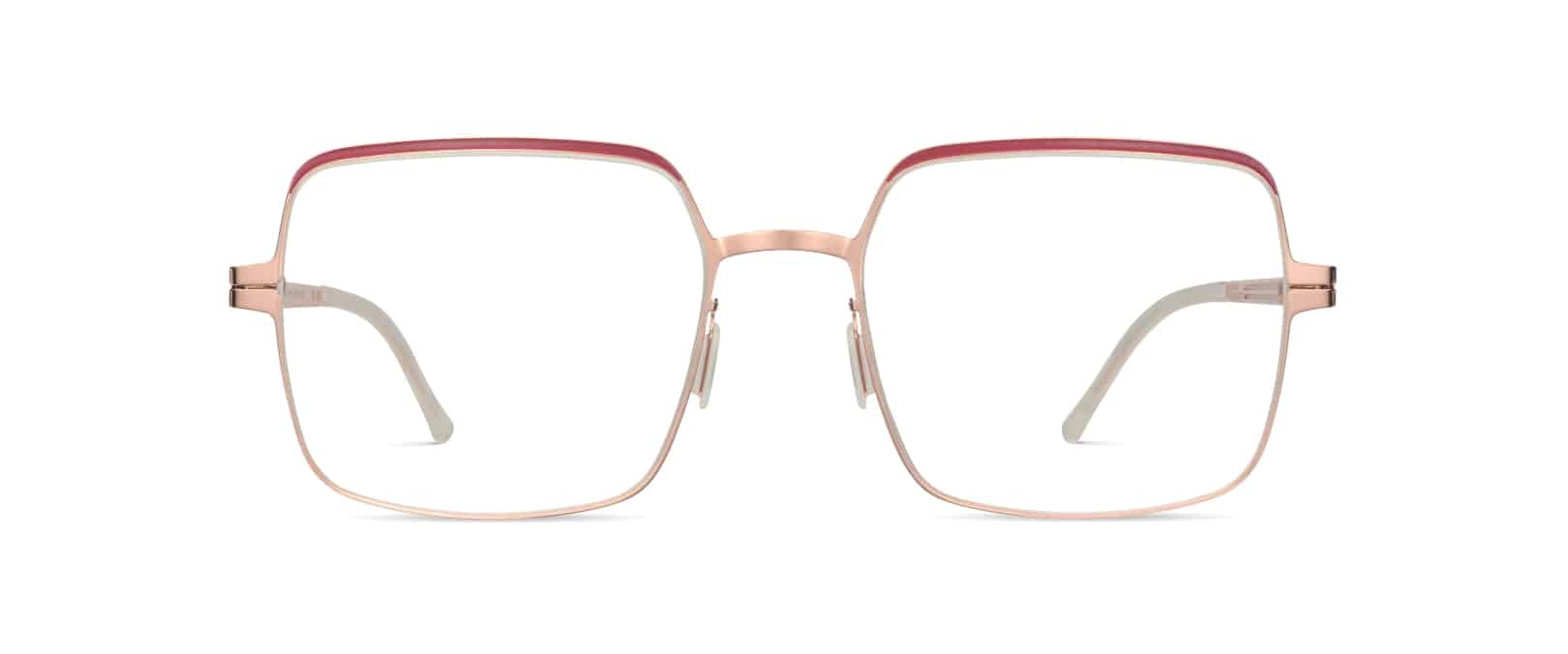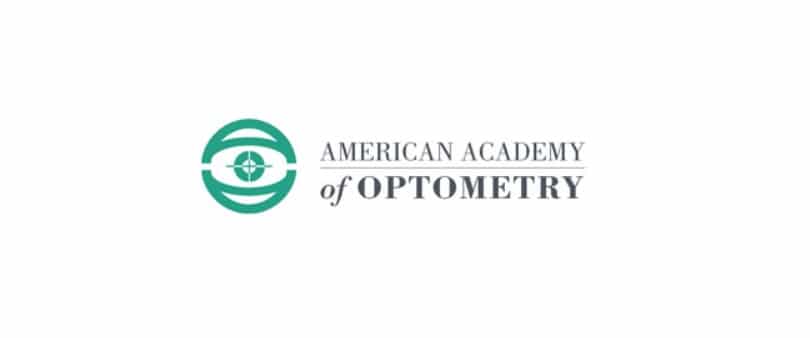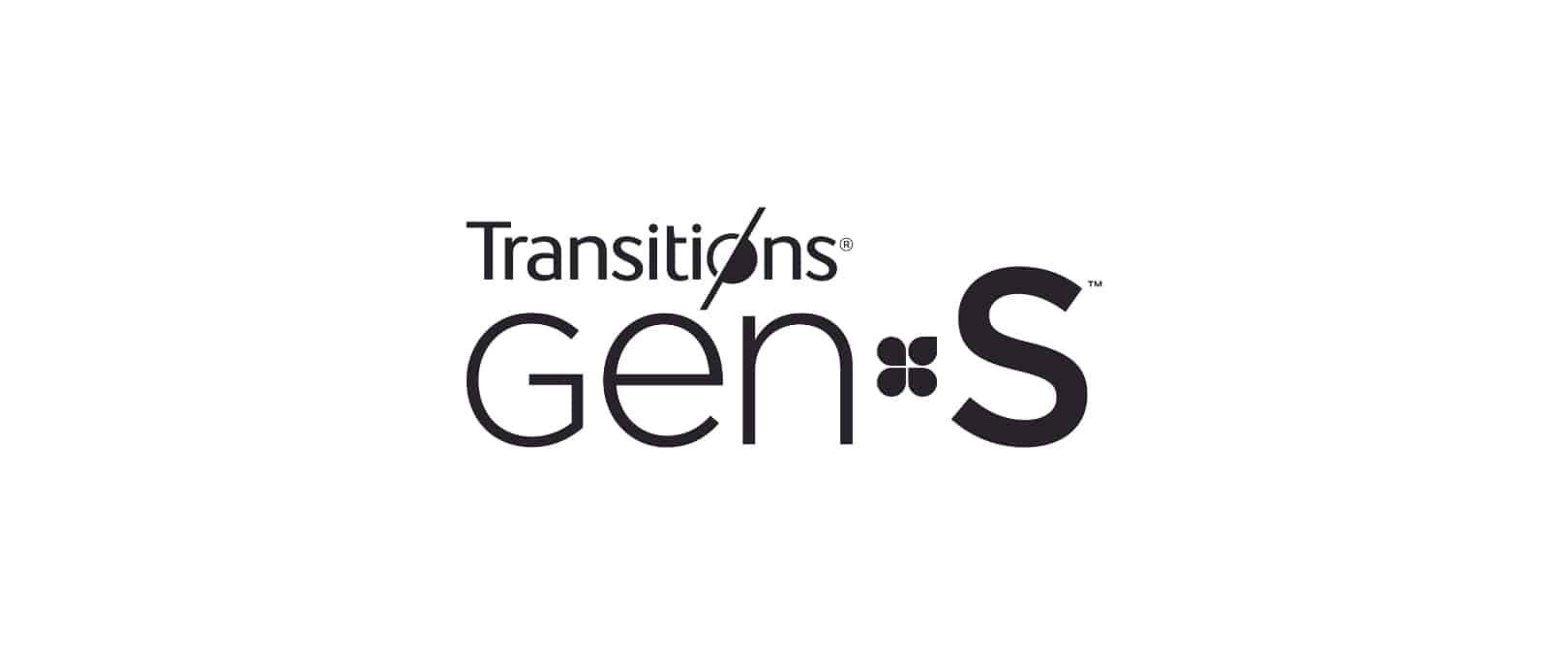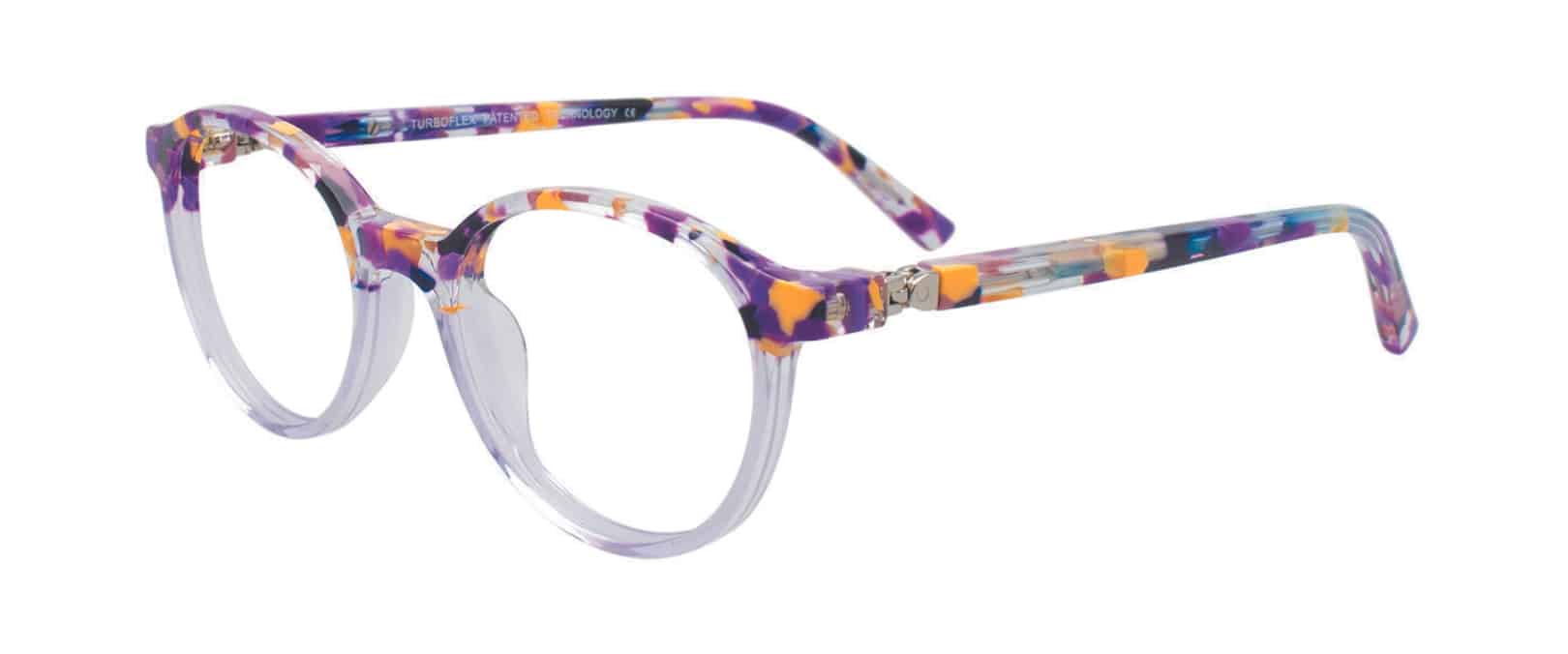Clinical Trial Results for New Treatments for AMD and DME
Tuesday, May 14 2024 | 11 h 17 min | Clinical Practice
Anti-VEGF medications can prevent vision loss and even restore some vision for age-related macular degeneration (AMD) patients. However, they require frequent eye injections which cause anxiety and side effects. Researchers are therefore looking for ways to reduce the number of treatments.
4D Molecular Therapeutics (4DMT) has released results from a Phase 2 clinical trial, testing a gene therapy for wet AMD that may reduce or even eliminate the need for regular anti-VEGF injections. Once the gene therapy is delivered by injection to retinal cells, these cells will make their own anti-VEGF medicine. The gene therapy may be one-time treatment.
In the Phase 2 trial, there was an 89% reduction in injection rate in patients who received the high dose of gene therapy compared to patients who did not. 63% of patients who received the gene therapy did not require any additional injections over the course of the trial. Importantly, there were no serious safety concerns. Based on these promising results, 4DMT plans to launch a larger Phase 3 clinical trial in early 2025.
In other research, Canadian scientist Dr. Mike Sapieha has published a new study in Nature Medicine about a potential new drug for diabetic macular edema (DME). The drug, UBX1325, was developed in collaboration with Unity Biotechnology and is part of a new class of drugs called senolytics which target senescent cells.
Cellular senescence occurs when cells that normally divide stop dividing but don’t die off. This can lead to an accumulation of damaged cells that promote inflammation and may contribute to ageing-associated diseases like neurodegeneration. In DME, build-up of senescent cells in blood vessels may make it harder for the vessels to heal. The new drug was developed to kill off these damaged senescent cells, hopefully improving healing of the retina.
As part of this research, the team conducted a Phase 1 study in patients who were no longer responding to anti-VEGF treatment. After a single injection of UBX1325, improvements in visual acuity and retinal structure were seen up to 6 months after treatment. The treatment is now being studied in a Phase 2b clinical trial, comparing UBX1325 directly to anti-VEGF injections.
About Fighting Blindness Canada
Fighting Blindness Canada (FBC) is the largest charitable funder of vision research in Canada.
Over our 49-year history, FBC has contributed critical funding for the development of sight-saving treatments and cures for blinding eye diseases. By raising and stewarding funds, FBC is helping drive forward research that supports our goal of understanding why vision loss occurs, how it can be slowed and how sight can be restored.
We are an invaluable resource for individuals and families impacted by blindness, providing accurate eye health information through our website and educational events, as well as engaging with government and other stakeholders to advance better vision health policies.
Want to see more like this article? Click here to subscribe to our FREE print magazines and e- newsletters!







